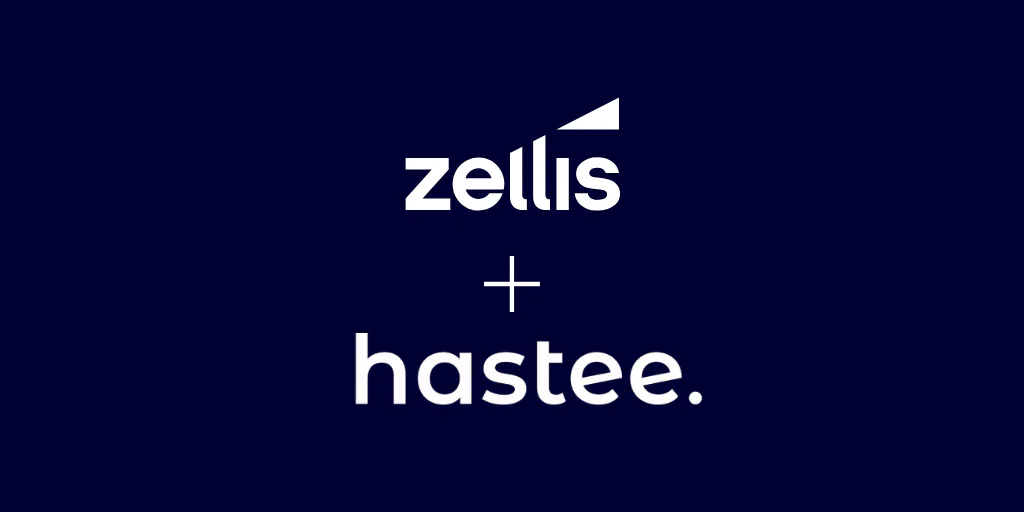
With children’s saving accounts, children learn to manage money – and parents, relatives and friends have a place to save for a child they care about.
- Get your children into the savings habit
- How children’s savings accounts work
- Choosing the right children’s savings account
- Freebies with children’s savings accounts
- Tax on children’s savings
- Which children’s savings account is best for your child?
Get your children into the savings habit
Top tip
By saving just £5 a month for 18 years, your child could end up with enough for driving lessons or a deposit on their first rented flat.
- Having their own savings account makes children more money aware and can encourage them to develop good savings habits as grown-ups.
- Until your children are old enough to stash away some pocket money or birthday present cash themselves, you can save a little for them every month. Set up a standing order to build up a lump sum for them over a few years.
How children’s savings accounts work
- Children’s savings accounts are much the same as adult ones and are offered by banks and building societies. There are a few variations, but mostly they’re simple, safe cash accounts that usually pay some interest.
- You can open a savings account with just £1 for any child aged up to 18.
- Children over seven can operate their savings account themselves – depending on the account, they can take money out and pay it in.
- There are also tax-efficient accounts called Junior ISAs – more about them later.
- Children born between 1 September 2002 and 2 January 2011 qualified for the government’s Child Trust Fund scheme.
Choosing the right children’s savings account
There are two main types of children’s savings accounts: easy or instant access and regular savings.
Easy and instant access to savings accounts for children
- As the name says – you or your child can withdraw or deposit money at any time.
- Typically you get a lower rate of interest than with other account types.
Regular savings accounts
- These are designed to encourage regular saving – you have to save money in the account every month, and you might not be able to take it out easily.
- They usually pay a higher rate of interest than instant and easy access accounts.
- With most accounts, if you miss some monthly payments the interest rate might be reduced.
Freebies with children’s savings accounts
Many banks and building societies offer freebies like toys or piggy banks, designed to tempt children, but their accounts often pay a low rate of interest.
There’s nothing stopping you opening more than one account – one with the best rate of interest, and the other so the child can get their free gift.
Tax on children’s savings
Do children need to pay tax?
Like adults, children have a Personal Allowance for Income Tax – £12,500 for the tax year 2019-20.
As long as their annual income (including interest) is below this amount, they won’t have to pay tax on it.
Tax on money given by parents, friends and family
You can give a child any amount of money, or invest it for them, but if you’re a parent or step-parent there are special rules:
- If you have given your child money that earns over £100 a year in interest, dividends, rent or any other investment income, the interest will be taxed as if it were yours. This doesn’t apply to Junior ISAs, Child Trust Funds and Children’s Bonds (previously known as Children’s Bonus Bonds).
- This doesn’t apply to anyone else – grandparents and friends can give as much as they like. However, there might be tax implications that you’ll want to consider. Giving cash at the wrong time or in the wrong way could end up being chased by the tax man at a later date.
Tax-efficient child savings
Junior ISAs and Children’s Bonds are another option for tax efficiency.
Children can save up to £4,368 for the tax year 2019-20 in their Junior ISA, and none of the interest is taxed.
They can only access the money when they’re 18, and at that point, the money belongs to them.
Which children’s savings account is best for your child?
It depends on your circumstances.
You can use comparison sites to get a comprehensive list of savings accounts, including children’s accounts.
This article is provided by the Money Advice Service.









